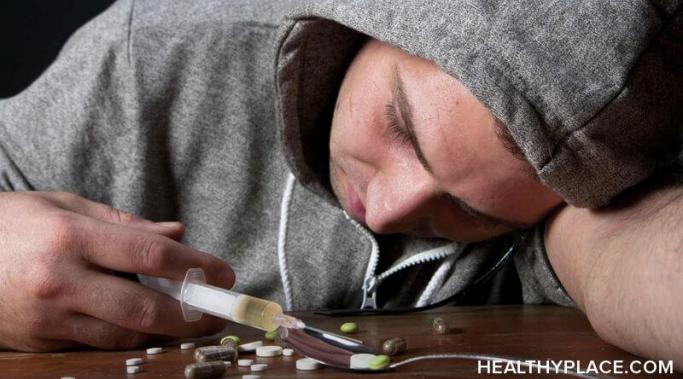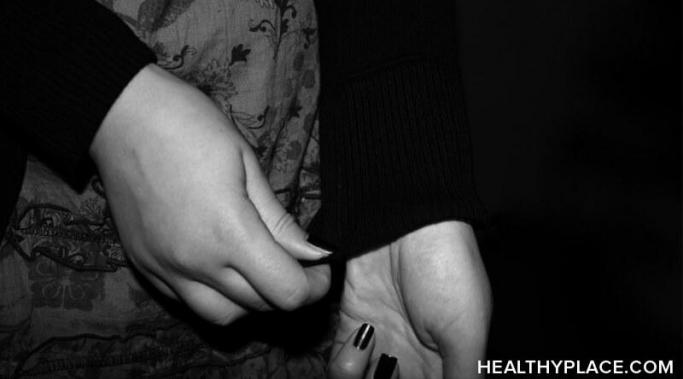The stigma surrounding drug addiction can be just as pervasive as drug addiction itself. It's important to realize that spreading drug addiction stigma doesn't address the overall issue of drug addiction or to people recovering from the illness.
Impact of Stigma
Mental health stigma centers a lot around silent struggle. Often we think about it in terms of stigma leading to shame and people being silent in their struggles. But to further complicate it, mental health stigma also tells us there's pride to be found in silent struggle.
#YouCantCensorMySkin is a backlash against Instagram's attempt to censor self-harm scars on the platform. There are many reasons why something might be censored. In the mental health sphere, it's often done in an attempt to avoid negatively impacting others by triggering them. This is especially true for self-harm, but it begs the question of at what point does censorship become stigma?
When it comes to the stigma associated with suicide, you may think of the shaming. But on the other end of the spectrum, there's romanticizing suicide. Although it may seem harmless, romanticizing suicide can be just as damaging as shaming it, and we need it to stop.
We miss the signs of mental struggle others are going through because mental health stigma presents warped ideas of what mental illness and the people with it look like. If we're only looking for those that fit a certain mold when trying to pick out someone with mental illness, chances are we're going to miss those who are in a mental struggle.
Using ignorance as an excuse doesn't mean what someone said or did wasn't stigmatizing toward mental health or, more specifically, mental illness. Why? Because stigma isn't about intent. Stigma is the negative ideas and misconceptions of mental illness, whether intended or not. Ignorance only determines whether you're mistakenly stigmatizing mental health or doing it on purpose. But stigma is stigma, whether you know any better or not.
I believe there are two kinds of stigma: verbal and non-verbal. We often think of stigma towards mental illness as being only the things people say. In doing so, we forget that non-verbal stigma exists and can be just as negatively impactful as verbalized stigma. But what does non-verbal stigma encompass?
Coping methods are personal choices, so I'm going to come out and say it: people need to stop criticizing others for how they cope with mental illness. As long as the coping methods aren't hurting the people who use them or others, I don't see the issue. Although I'm sure some are trying to joke around, when you ridicule the very tools people use to get through tough moments, it has a negative impact on those with mental illness and contributes to stigma.
If I were to ask you to picture someone who is experiencing suicidal thoughts, what would you imagine? My guess is someone wearing dark clothes with a haggard expression and overall looking like he or she are down on his or her luck. The image of someone who seems to have it all together might not come to mind at all. But, like mental illness, suicidal thoughts aren't reserved only for those whose circumstances "warrant" it. Suicidal ideation can and does affect anyone at any time, even when life is otherwise good.
Many think of the bond between human and animal as a simple pet-owner or predator-prey relationship. For others, the connection is greater as service and support animals offer physical and mental assistance to humans. Yet, while many gaze upon service animals with respect, support animals are stigmatized as fake despite the help they offer people.









